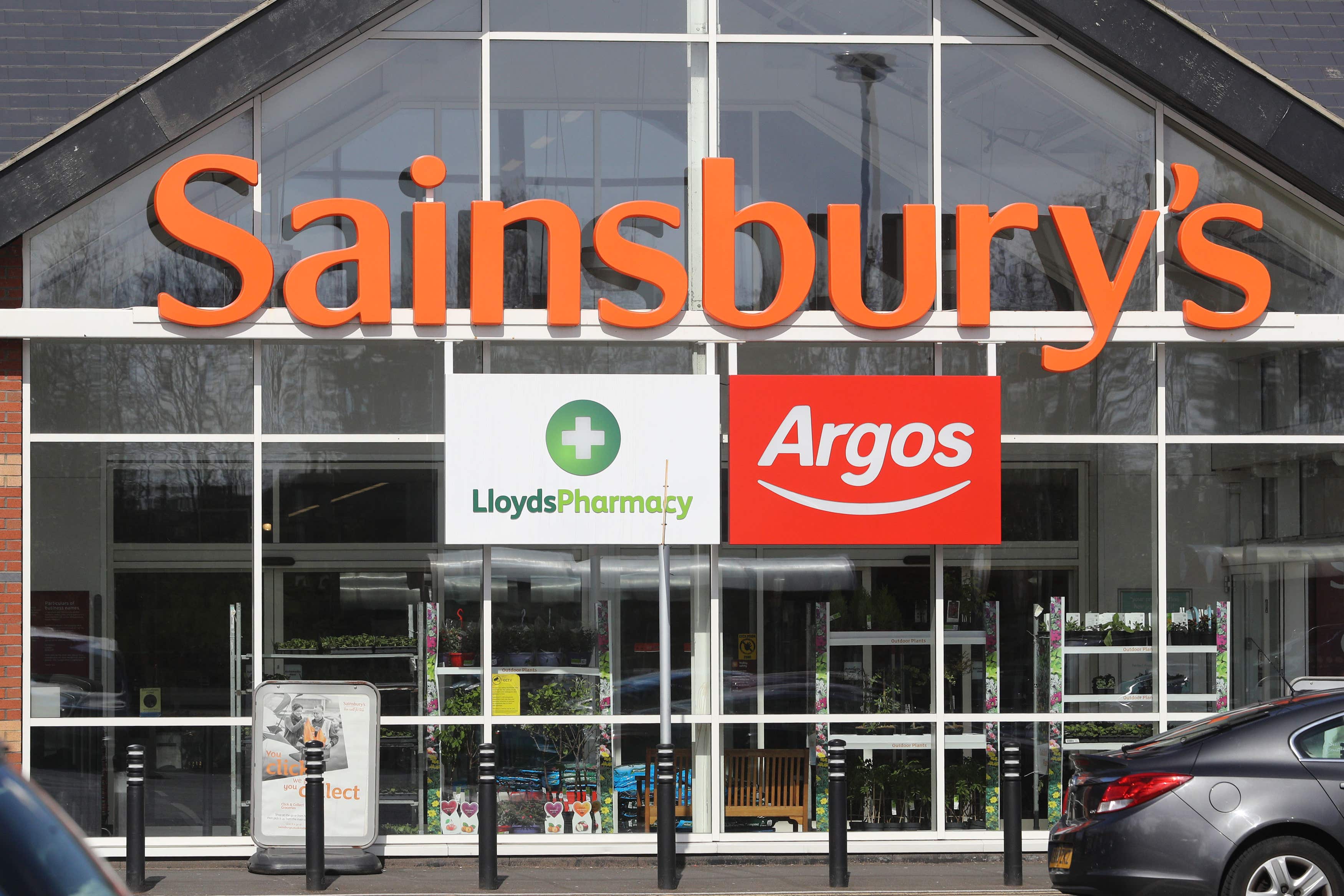Sainsbury’s cuts prices on essentials amid pressure to pass on lower costs
Supermarkets are being questioned by ministers over measures to help ease the cost-of-living crisis for cash-strapped shoppers.

Sainsbury’s has unveiled £15 million of price cuts across cupboard essentials such as rice and pasta in the latest move to pass on lower wholesale costs to shoppers.
The UK’s second largest supermarket chain will roll out the reductions on the own-brand items from Tuesday, also lowering prices on staples including corn flakes, jams and runny honey.
The company added that, from Monday, all Sainsbury’s “happier and healthier” whole chicken breast fillets will be price-matched to Aldi for the first time.
It pledged to continue cutting prices on essential products throughout the summer.
The move comes as supermarkets are under increasing pressure to hand down savings they are seeing on wholesale items to consumers, who have faced punishing food price inflation in recent months.
As the cost-of-living challenges continue, we remain relentlessly focused on lowering prices on the essential products that make the biggest difference to our customers
The Bank of England suggested last week that some retailers are jacking up prices or failing to pass on lower costs to consumers as a way of increasing their profit margins at a time of stubborn inflation.
Chancellor Jeremy Hunt is to meet the Competition and Markets Authority (CMA) and the watchdogs for the energy, water and communications sectors on Wednesday to ask whether there is a profiteering problem in their sectors and what they are doing about it.
Ministers are also talking to the food industry about “potential measures to ease the pressure on consumers”, Mr Hunt has confirmed.
Prime Minister Rishi Sunak’s official spokesman told reporters on Monday that the meeting on Wednesday will see them discuss “what actions the regulators are taking, what more we could do working together, are there any potential barriers to them going further”.
The official conceded there is “no legal requirement” for supermarkets to pass on savings, but added: “There are rules around things like profiteering – I’m not suggesting that’s the case here.
“Equally, I think we would, of course, want supermarkets and others to rightly pass on the savings they are making with the fall in global energy costs. I think that’s what the public would expect and they will vote with their feet if that’s not the case.”
Official figures last week showed that food inflation slowed from 19.1% in April to 18.4% in May after hitting a 45-year high in March.
Tesco chief executive Ken Murphy recently said food inflation has passed its peak, but consumers are still seeing painful rises in their weekly shop.
Rhian Bartlett, food commercial director at Sainsbury’s, said: “As the cost-of-living challenges continue, we remain relentlessly focused on lowering prices on the essential products that make the biggest difference to our customers.
“These latest price cuts will help reassure customers that we will continue to pass on savings as soon as we see the wholesale price of food fall.”
Ms Bartlett is among food bosses who will appear in front of the Business and Trade Committee on Tuesday to discuss food price inflation.
Sainsbury’s has already recently reduced the price of essentials such as bread and butter, milk, tuna and toilet rolls, with other rivals also making moves to pass on some cuts to customers.
Sainsbury’s latest reductions include cutting the price of a 500g pack of Sainsbury’s corn flakes from 85p to 69p, 1kg of spaghetti from £1.65 to £1.39, 1kg of basmati rice from £2.10 to £1.75, and a jar of strawberry jam from £1.15 to 99p.
It also said it is the first supermarket to offer Freefrom pasta at the same price as standard pasta as part of the price cuts.
Bookmark popover
Removed from bookmarks